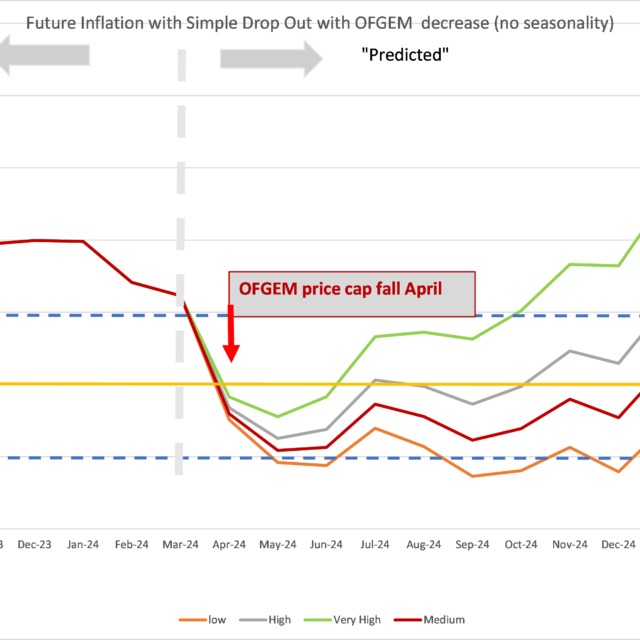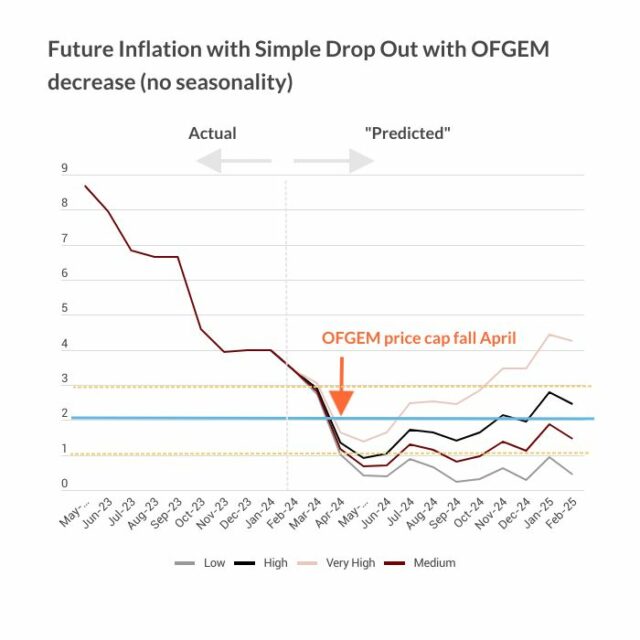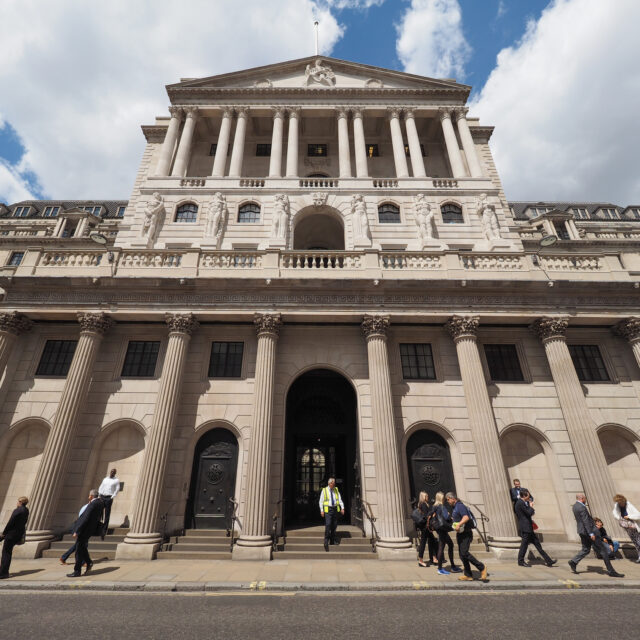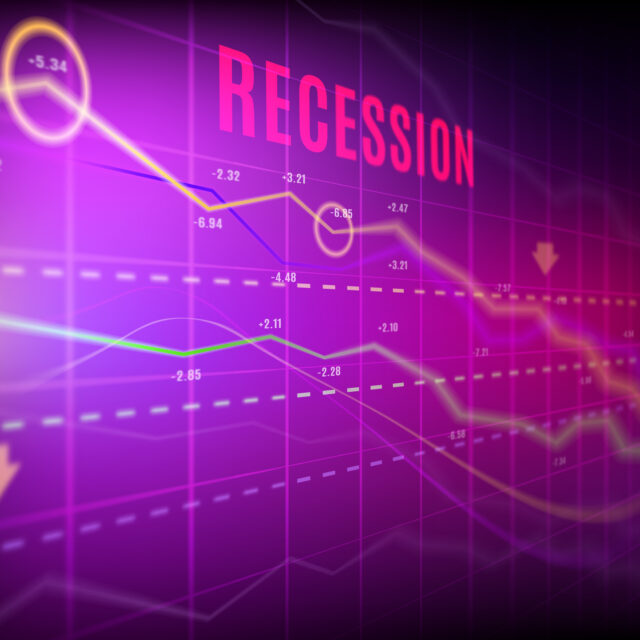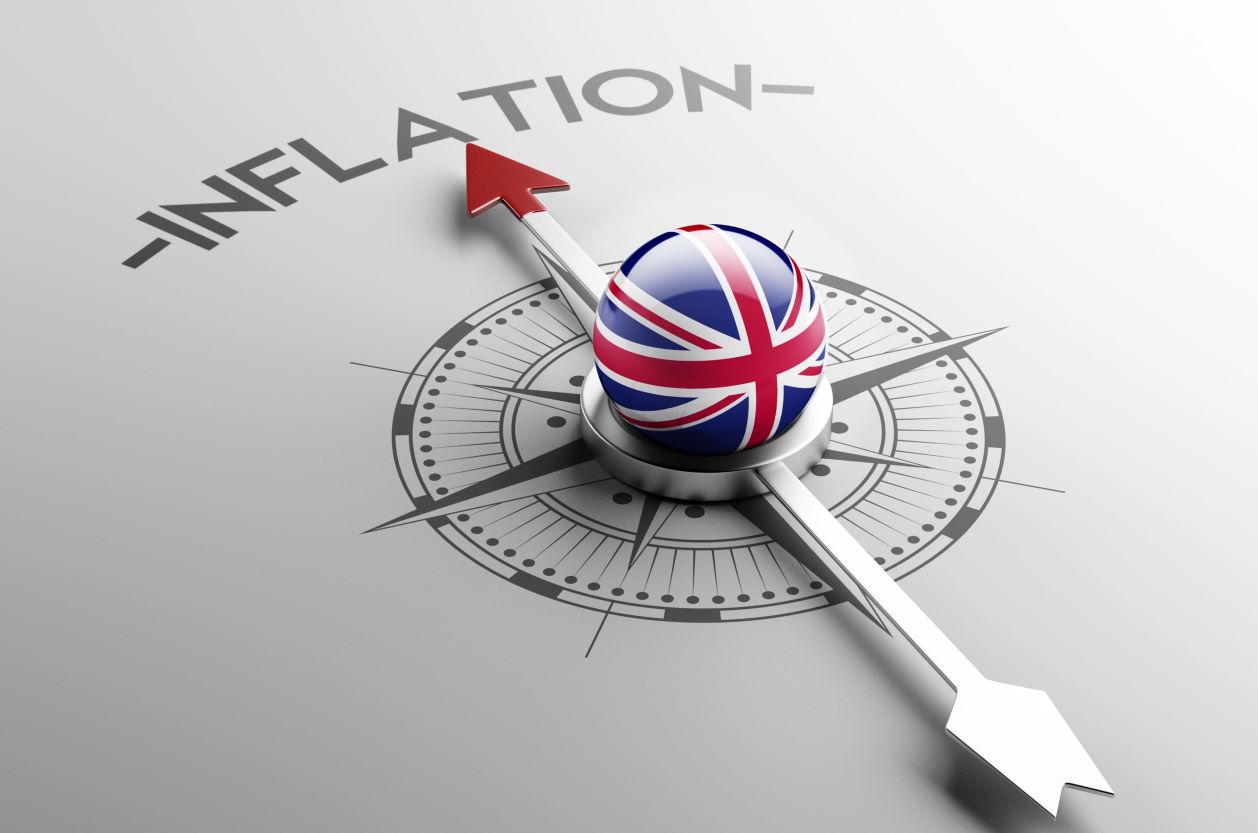The 2024 Survey of Economists
What is in store for the UK economy in 2024? Our Director Jagjit Chadha and our Deputy Director for Macroeconomic Modelling and Forecasting, Stephen Millard contributed to the annual survey published earlier this week by the Financial Times. We have grouped their answers in this blog.

- Will voters feel better or worse about their living standards in the run-up to the election?
Jagjit: We expect very little improvement in per capita GDP or real personal disposable income in the run-up to the election. The trick here though is to drill down below the average and realise that it masks falls in the bottom of the distribution and some improvement at the top. So some voters will feel better, but alas many will not.Stephen: Voters should feel better about their living standards in the run-up to the election as, for the first time in a few years, wages are growing faster than prices.
- Will the Bank of England win its fight against inflation in 2024?
Jagjit: Inflation will increasingly approach the neighbourhood of the 2 per cent target as the year progresses. But seems likely to stay above that target with somewhat more persistence than was anticipated by many. But broadly speaking, we will be not far from price stability without having generated a large recession.Stephen: Inflation is on its way down towards the Bank of England’s target of 2 per cent. But, it’s still a little early to declare the win! I expect inflation to reach something close to 3.5 per cent by the end of 2024, noting that this is still above the Bank’s target. And the risks are to the upside with the possibility of higher than expected wage inflation, not to mention geopolitical risks leading to another spike in energy prices. Given these risks, I don’t expect the MPC to reduce rates until late in the year.
- Will the UK economy escape stagnation in 2024 — and if so, will it outpace or lag other advanced economies?
Jagjit: The UK will continue to stagnate in the economic doldrums, until at least once we have had the election. And we will probably bring up the rear in the G7 in both 2024 and 2025. The material point though is that this simply continues a period of poor economic progress since the financial crisis and it is difficult to be optimistic about any possible return to historic, and once granted, levels of income growth.Stephen: Growth in 2024 will be anaemic at best. I expect GDP to grow by only 0.5 per cent; while this means the economy will escape ‘stagnation’, in the sense of growing a little, this is still a very low growth rate and lower than what I expect to see in other advanced economies.
- Which single policy change after the next election would do most to boost the UK’s long-term growth?
Jagjit: A clear plan for economic growth encapsulated in a commitment to measure and report on progress in an annual State of the Economy address, which we can use to gauge progress and provide a commitment technology to support business and other forms of investment.Stephen: I’m not sure it will happen but a marked increase in public investment would be the key policy change that could do most to boost long-run UK growth.
- Is there anything else you would like to tell us?
Jagjit: We need careful and well-directed nurturing of the economy. No big bangs or quick fixes. Just patient interventions to support the green transition, digital rollout and much-needed infrastructure improvement. A sustained period of calm and focused government fixing limpet-like on these objectives would be very welcome.
